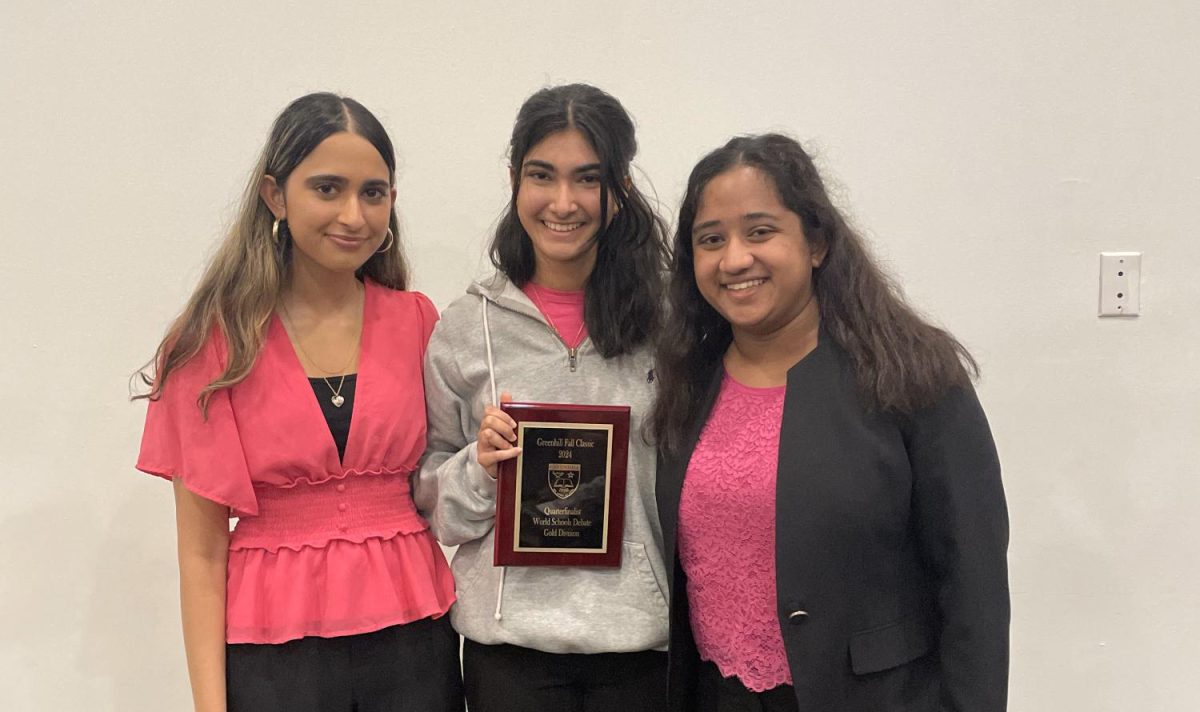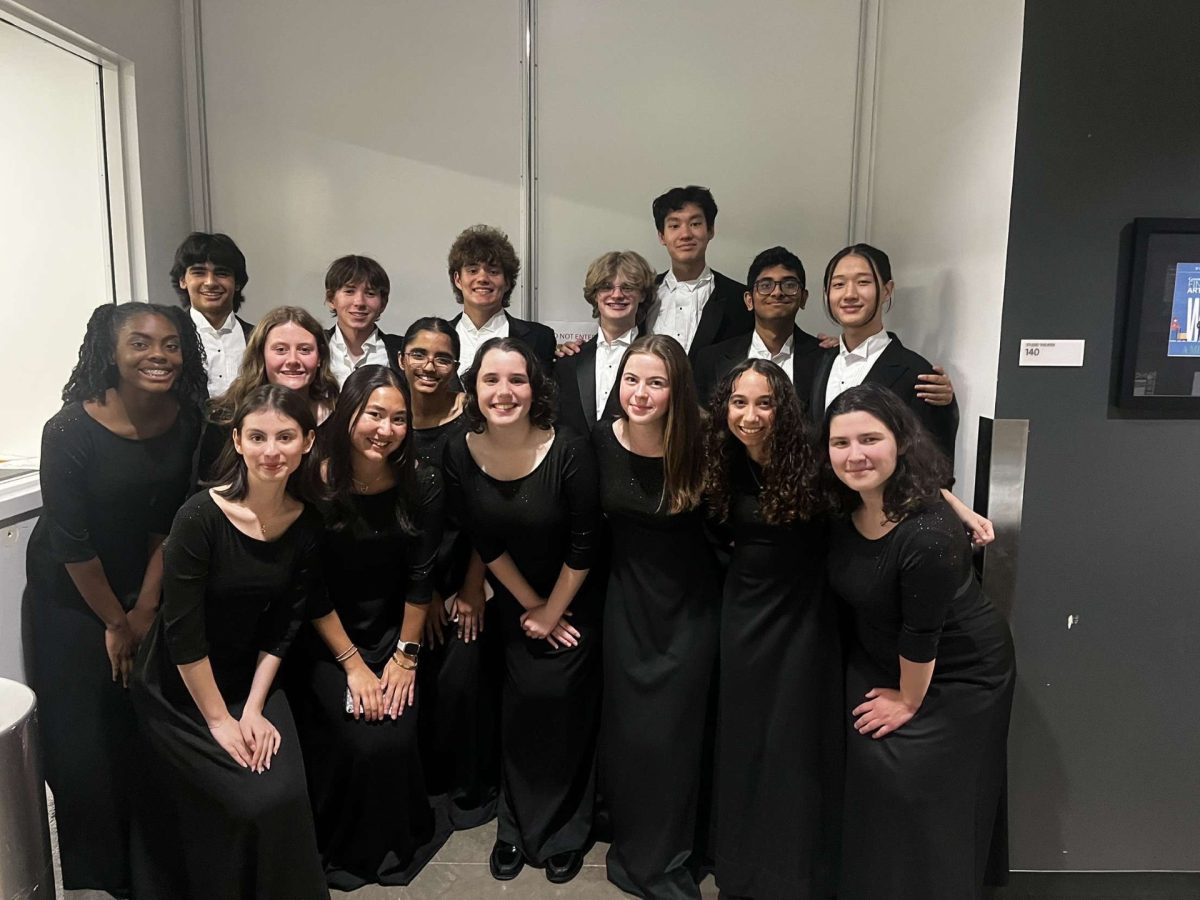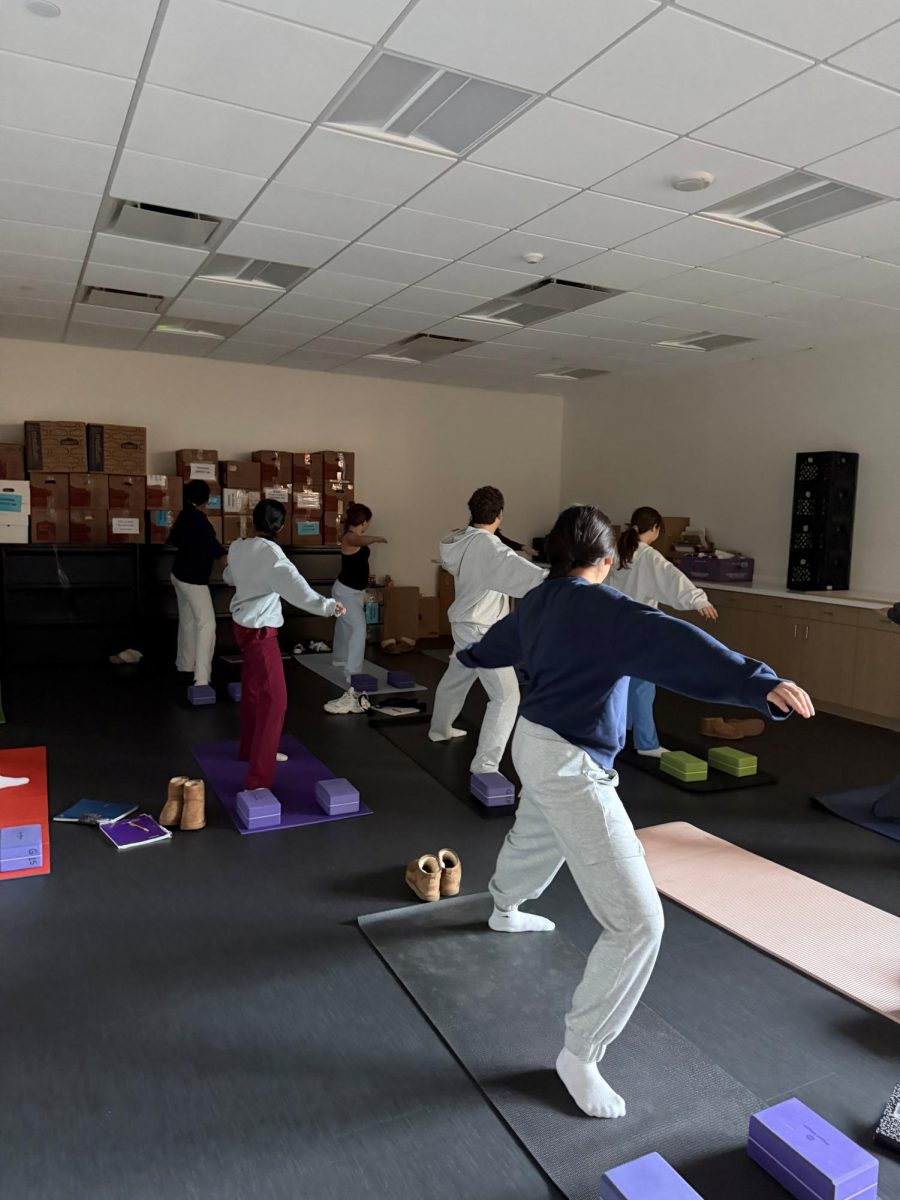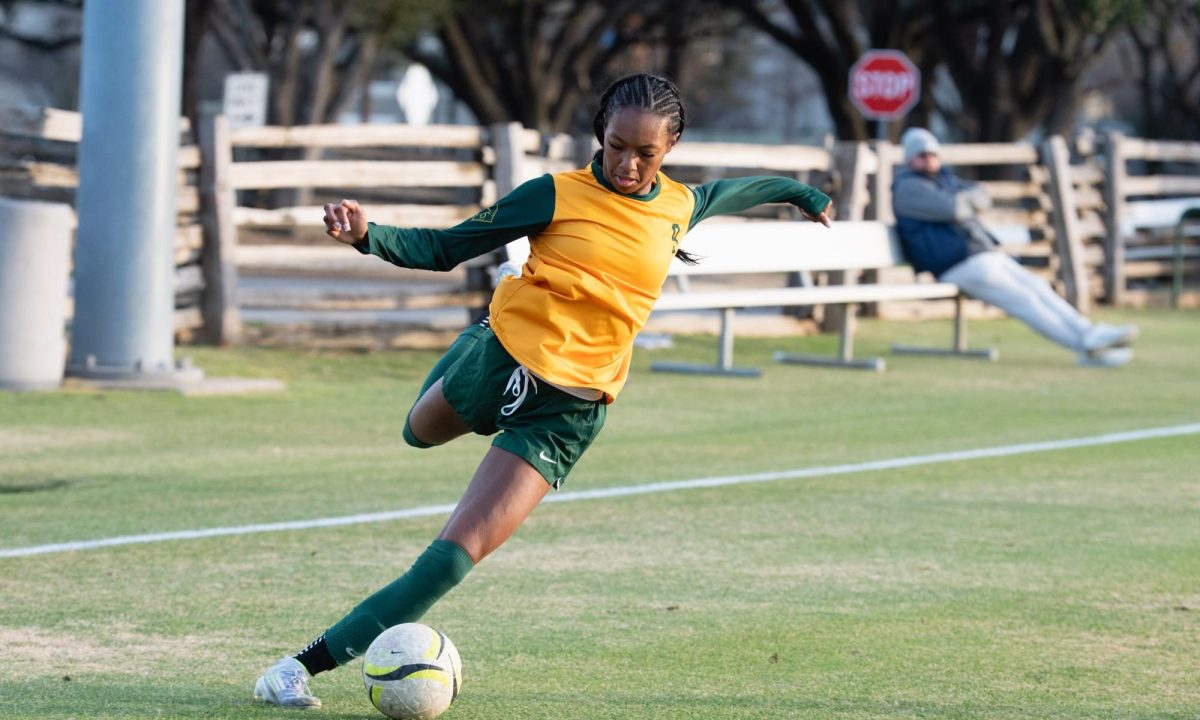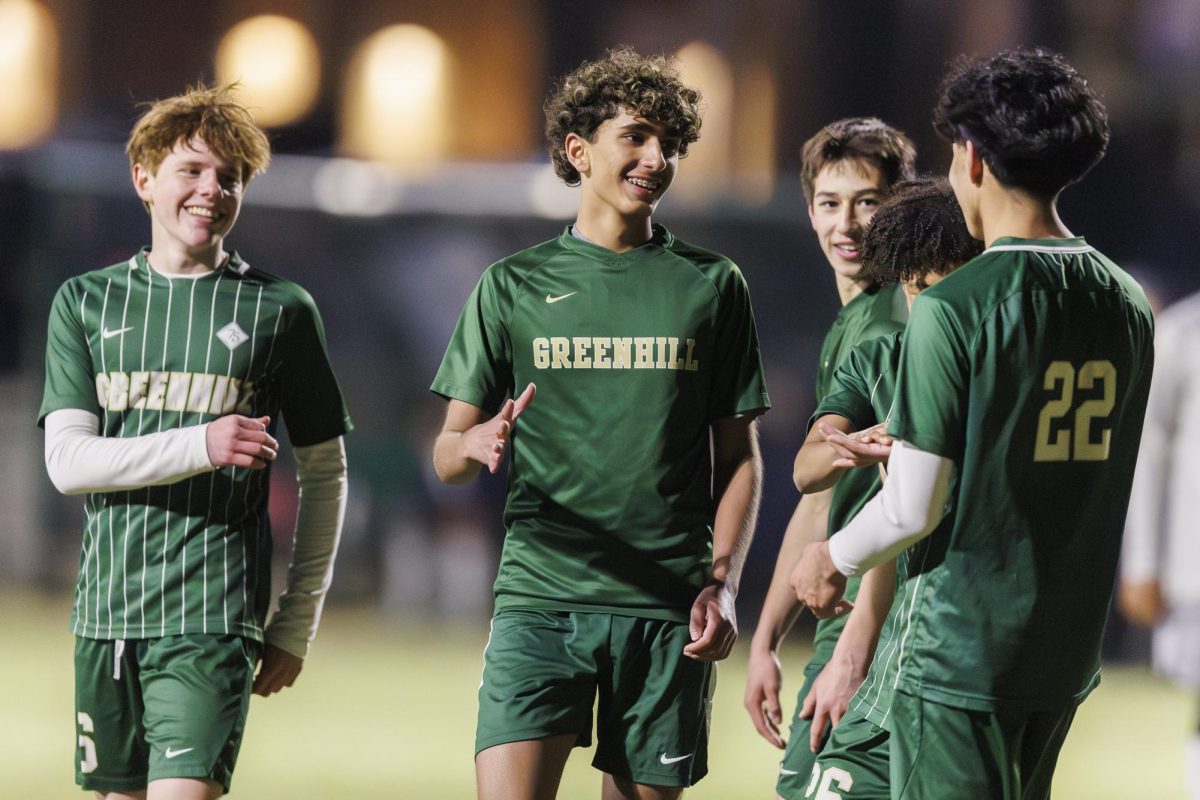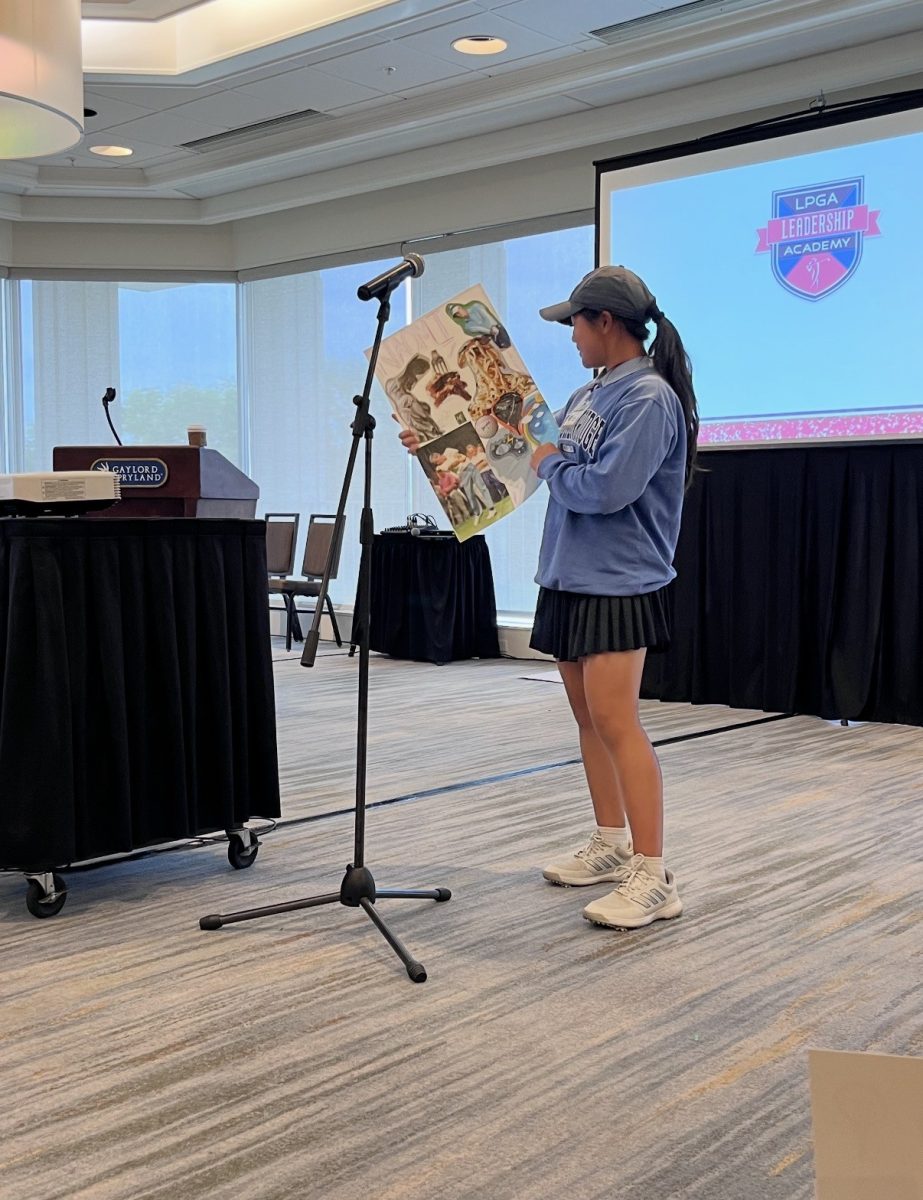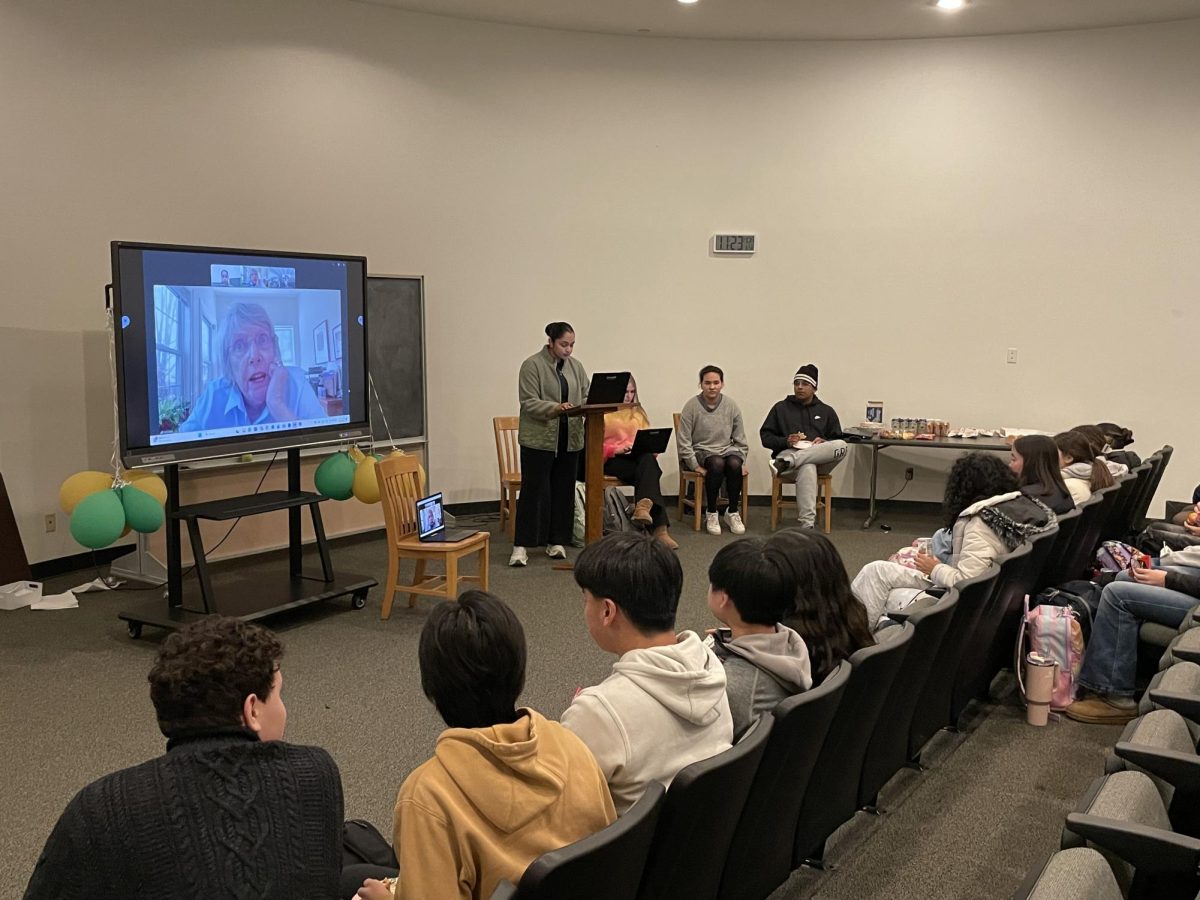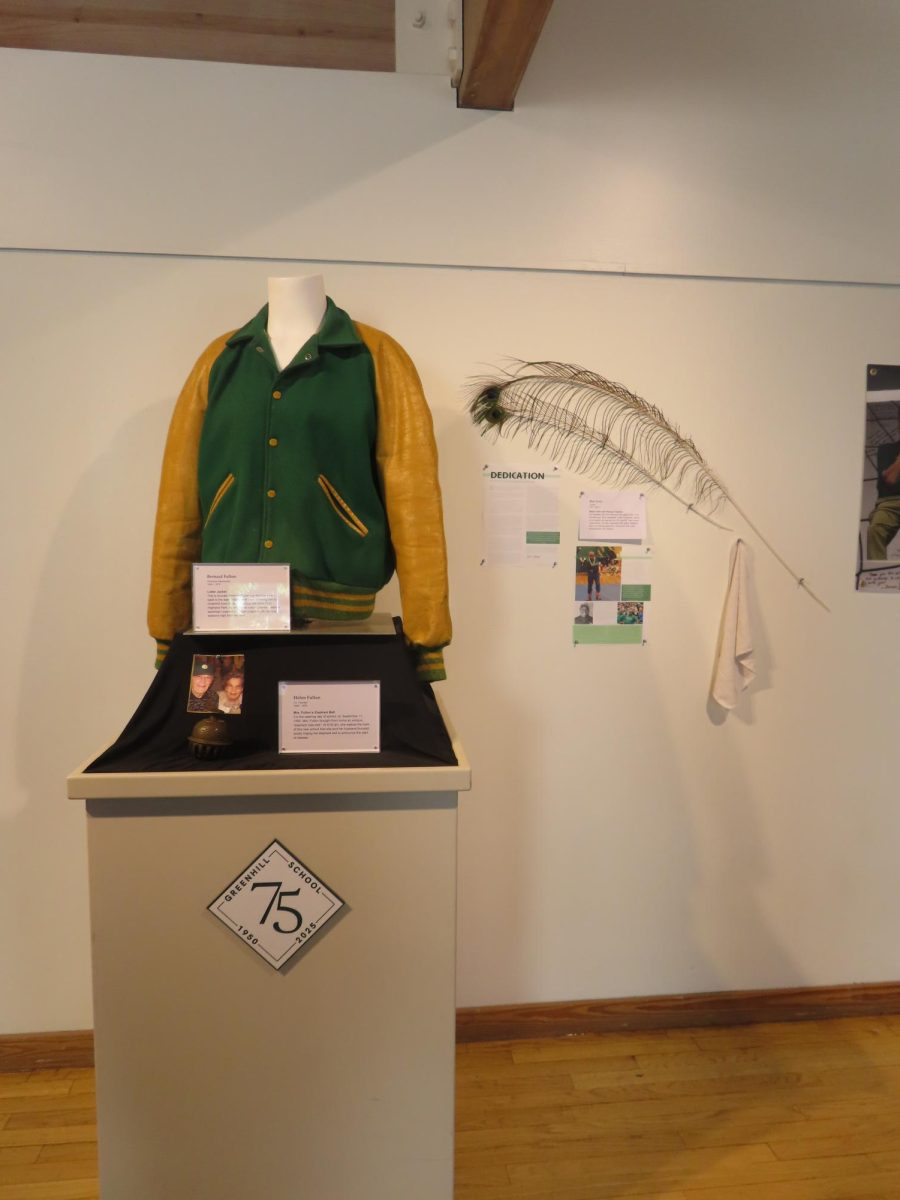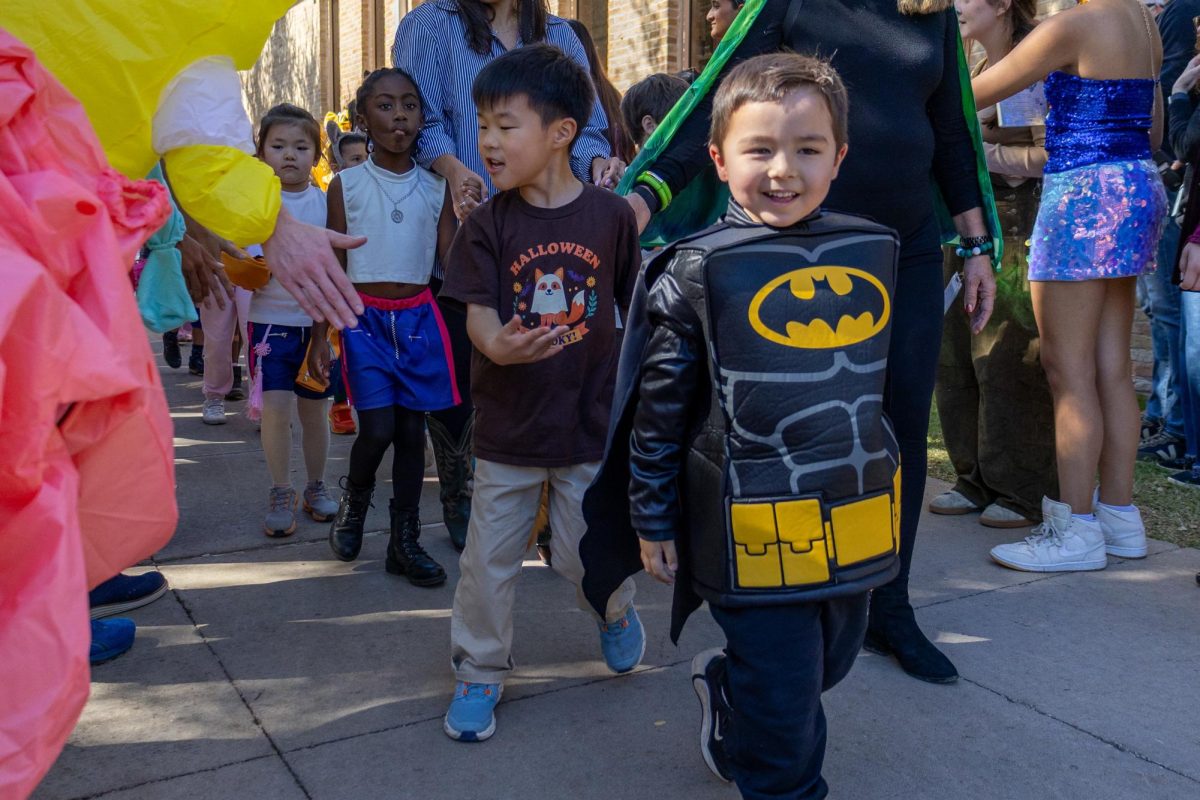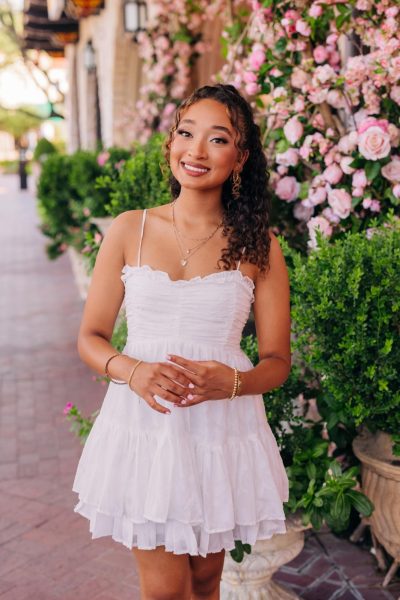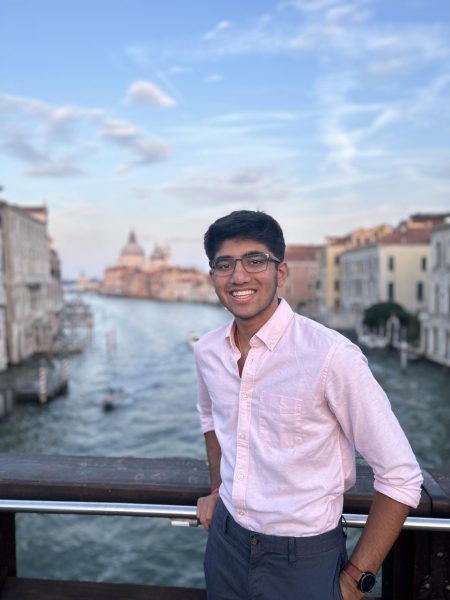Every year, Greenhill welcomes hundreds of debaters from as far away as Taiwan to its annual Greenhill Fall Classic tournament. This year’s event, was held from Sept. 20-23 at both Greenhill’s campus and Addison’s Marriott Quorum, kicked off with an invite-only competition in Round Robin format limited to elite Lincoln-Douglas and Policy debaters.
Both the Lincoln-Douglas and Policy Round Robin divisions are divided into two, seven-member pods where every team or individual competes against the six other members in the preliminary rounds. Two judges cast votes for each preliminary debate and the team in each pod with the most winning votes at the end of the Round Robin proceeds to the final round. The Round Robin, hosted at the Marriott, began Thursday and concluded Friday night.
“We want to make sure that the Round Robin reflects the diversity of the debate community, both demographically and argumentatively,” Middle and Upper School Debate Assistant Teacher and Coach Rodrigo Paramo. “It is one of the places that students can really expect to see the full breadth of arguments that they might encounter over the course of the year.”
In the Lincoln-Douglas Round Robin, junior Aaron Kuang placed third in his pod. Junior Sarah Koshy won five of the six ballots during her first three rounds before she left due to illness. In the Policy Round Robin, the team of senior Gautam Chamarthy and junior Rory Liu won 11 out of 12 preliminary ballots and advanced to the final round, where they lost to a team from Montgomery Bell Academy, an independent school in Tennessee.
“Because it is more of an intimate tournament, everyone gets a chance to hang out with each other and get to know a little bit more about the people in our community,” Middle and Upper School Debate Teacher Ross Fitzpatrick said.
On Saturday morning, the open portion of the tournament commenced on the Greenhill campus. The Greenhill field includes three different types of debate: Lincoln-Douglas, Policy and World Schools. The Lincoln-Douglas division included 98 individual debaters. 100 two-person teams competed in the Policy division.
Greenhill divided World Schools category into two divisions: a varsity gold division and a novice green division. Each had a combined 33 teams ranging from three to five members.
Lincoln-Douglas debaters junior Dylan Millimet and sophomore Vivek Thankavel participated in preliminary rounds, where Millimet finished with a 4-2 record.
Three pairs of policy debaters represented Greenhill. Juniors Maya Jagsi and Iliyan Ali along with senior Ella Ou-Yang and junior Soyam Mohammed both completed preliminary rounds with a 3-3 record. Chamarthy and Liu had a 5-1 record and advanced to the octofinals where they lost to the eventual tournament champions.
“Being in the fall classic was a really educational experience,” Jagsi said. “The best teams from around the country come to this tournament, so I was able to have some really good debate rounds and I learned a ton overall.”
In the two World Schools divisions, Greenhill entered five teams. Greenhill Ivory, which consisted of freshmen Max Robins, Sykes Lamensdorf, Tim Csallner and sophomore Vikram Sampath, placed second in the green division.
The tournament required a multitude of parent volunteers to help throughout the weekend.
“We had a lot of parent volunteers that were incredible, and they really did all of the feeding people, giving people coffee and water and doing a lot of the real hospitality work,” Fitzpatrick said.
80 students currently enrolled in the debate program also set up rooms on Friday night and cleaned campus Sunday afternoon.
“We got compliments from multiple coaches on how helpful the students were,” Paramo said. “Even someone I did not know walked up to me and said, ‘Do you work for Greenhill? These kids are awesome.’”
This year marked the first time Greenhill hosted debate rounds in the Rosa O. Valdes STEM + Innovation Center. Although the new building provided additional space, it also presented unique challenges.
“One thing that we needed to do this year was figuring out how to best navigate the VSI, which is the first time any student group has used it for a major thing,” Director of Debate Aaron Timmons said. “We were pretty dogmatic about putting multiple checks in about people not having food.”
Such a large tournament requires months of planning where debate coaches learn from previous tournaments and make necessary refinements.
“The way I determine whether a tournament has gone well is how many emails I get from colleagues [and] administrators the Tuesday after,” Timmons said. “We got none. So apparently, it went very well.”

